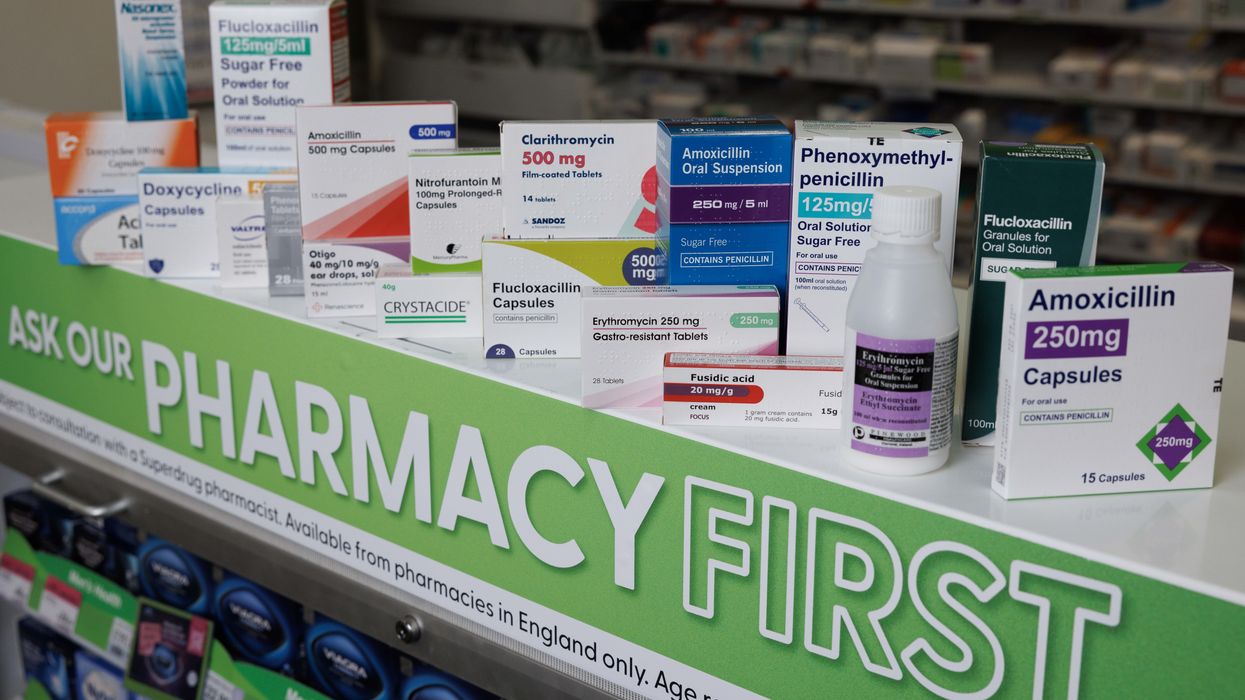NHS nursing crisis - One out of every three hospital shifts lacked at least a quarter of the required registered nurses
Members of the Royal College of Nursing (RCN) have voiced concerns that NHS patients are being left in pain without care and, in some instances, die alone due to staff shortages.
A survey by the RCN has revealed that only one-third of hospital and community health service shifts have sufficient registered nurses on duty.
More than 11,000 nursing staff from across the UK participated in the survey, sharing experiences from their most recent shifts.
Nurses told the survey about being asked to do more; working in “completely unsafe” levels of care; and having to make “heartbreaking” decisions on who does or doesn’t get seen.
The RCN highlighted that due to shortages, individual nurses often find themselves caring for dozens of patients at a time. It has called for limits on the maximum number of patients assigned to a single nurse
Nicola Ranger, the RCN’s acting general secretary and chief executive, told The Guardian that nursing staff are fighting a losing battle to keep patients safe in every health and care setting.
She pointed out that without safety-critical limits on the maximum number of patients they can care for, nurses were being tasked to oversee dozens of patients simultaneously, many with complex needs.
“It is dangerous to patients and demoralising for nursing staff,” she said.
According to the survey, 32% of hospital nursing staff and 36% of community nursing staff stated that their shift was staffed with the planned number of registered nurses.
The results showed that one out of every three hospital shifts lacked at least a quarter of the required registered nurses.
In community settings, nearly four out of every ten shifts were short of up to half of the planned registered nurses.
Overall, 81% of respondents across all settings indicated insufficient numbers of nurses to meet the needs of patient safety.
In emergency departments, a substantial number of nurses reported being responsible for caring for more than 51 patients.
In accident and emergency settings, a significant number of nurses reported having more than 51 patients to care for.
A nurse working in the community in the south-west of England, responding to the survey, stated, “We have days when we have 60 visits unallocated because we don’t have enough staff. Every day we are asked to do more. We are always rushing.”
Another nurse, also working in the community in the south of England, told the survey that they leave over 50 patients needing nursing care unattended each day because of poor staffing levels, which contributes to higher hospital admissions and deaths.
“It is left to us to decide who gets seen and who gets missed, which is heartbreaking,” the nurse said.
A nurse in a West Midlands hospital expressed that due to workload, they have not been able to sit with patients who are dying and leaving them to die alone.
The nurse also talked about not having the time to ensure patients are fed properly and have adequate drinks.
A midwife working in a hospital in Yorkshire described the care as being completely unsafe due to unacceptable staffing levels.
Moreover, she expressed concern that the standards for acceptable care have fallen so low that mere survival has become the benchmark.
Saffron Cordery, deputy chief executive of NHS Providers, commented that the worrying findings from RCN expose the effects of severe workforce shortages in the NHS.
"Safety of patients is a top priority. Without enough of the right staff in the right places, safety and quality of care are compromised,” she said.
Cordery emphasised that despite a year passing since the publication of the NHS long-term workforce plan, trusts across England still have more than 100,000 vacancies and high levels of staff burnout.
“We need to support people with the right cultures and environments to do their difficult jobs.
"Careers across the NHS including in community health services must be rewarded adequately otherwise it's hard to recruit and attract the people we need,” he said.
Cordery underscored that to ensure an NHS fit for the future, there is a crucial need for a thriving health and care workforce, supported by greater and more meaningful investment in nursing education and training.
"It's vital for patients that the government invests in the NHS workforce,” he added.













